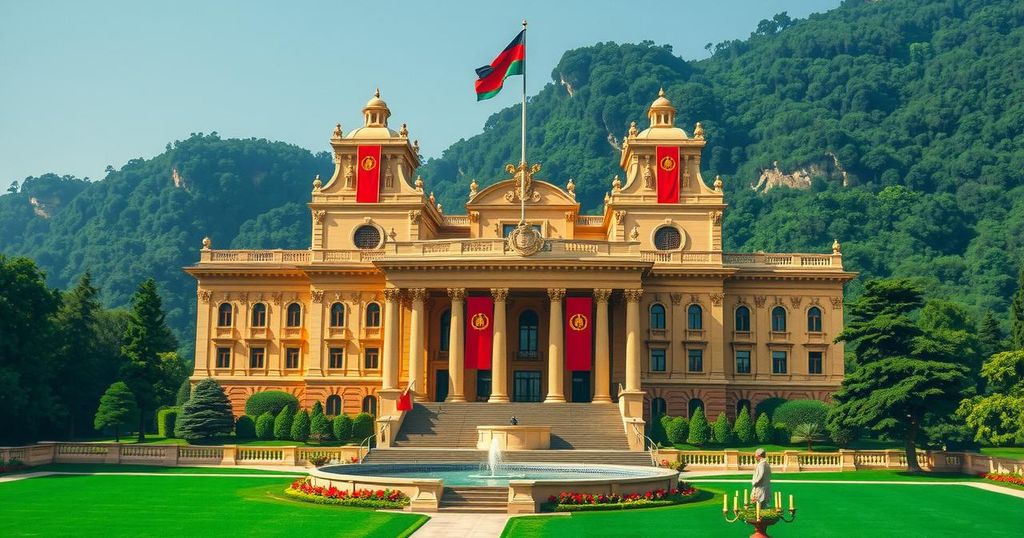Uganda’s President Yoweri Museveni Seeks to Extend His Rule
- President Yoweri Museveni is seeking re-election in Uganda this year.
- At 80 years old, Museveni has served nearly four decades in power.
- His government plans to grow Uganda’s GDP to $500 billion by 2040.
- Museveni has amended the constitution twice to maintain his presidency.
- Concerns over democracy arise with Museveni’s prolonged rule and governance.
- Critics fear the 2026 elections could further strain Uganda’s economy.
Museveni’s Plans for Reelection in Uganda
President Yoweri Museveni, at 80 years of age, is once again throwing his hat in the ring for another term in Uganda’s presidential race. His longstanding rule, which has spanned nearly four decades, could see an extension if he secures reelection. Recently, Museveni officially picked up nomination forms for his candidacy, confirming his status as both the presidential candidate and leader of the ruling National Resistance Movement (NRM), a fact that has been verified by his spokesperson Sandor Walusimbi through the social media platform X.
Economic Vision Amid Strained Finances
The veteran leader, who played a critical role in the ousting of notorious Ugandan leaders Idi Amin and Milton Obote, has also made constitutional amendments during his reign. These alterations served to prolong his presidency, raising concerns about the state of democracy in Uganda. However, Museveni’s government presents his latest bid as a key element of a larger strategy aimed at transforming the Ugandan economy, with ambitious goals of raising the GDP to a staggering $500 billion by the year 2040.
Concerns Over Democracy and Governance in Uganda
The envisioned economic growth relies heavily on sectors such as agro-industrialization, tourism, minerals, and oil exploration—all of which Museveni hopes will be drivers of progress. That said, many observers are wary. With national finances already stretched thin, there are apprehensions that the election cycle of 2026 may further exacerbate economic vulnerabilities, leaving Uganda more susceptible to financial distress. Historically, Museveni has faced criticism, with multiple allegations of vote rigging and heavy-handedness towards opposition parties, casting shadows on the democratic process. Though his supporters argue that he has maintained political stability and offers a clear path toward economic stability, critics point to the need for a democratic framework that allows for true competition and representation.
In summary, President Yoweri Museveni’s endeavor for reelection illustrates not only his personal ambitions but also raises significant questions regarding Uganda’s democratic health. With lofty economic goals set against a backdrop of fiscal challenges, the country may face many hurdles ahead. As the upcoming election looms, the balance between political stability and democratic integrity will be under scrutiny.




Post Comment